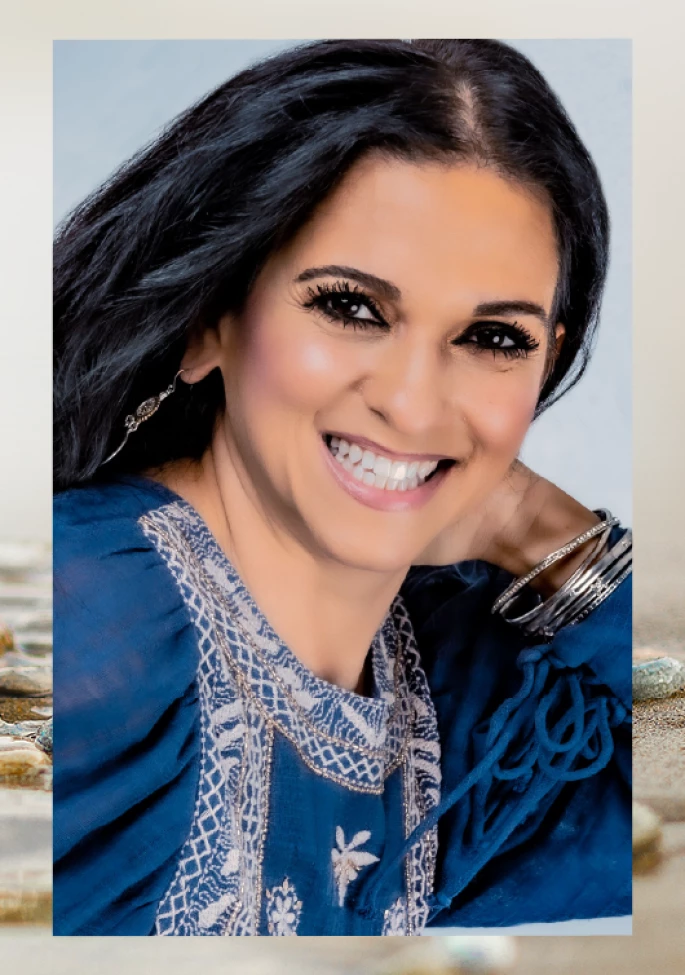A Celebration & Discussion of Black Culture
In honor of Black History Month—and our ongoing commitment to Diversity, Equity, Inclusion, and Belonging—the IMS DEIB Committee proudly hosted a discussion of the 2018 Marvel Studios film Black Panther, directed by Ryan Coogler.
Referred to by The Atlantic as the most though-provoking Marvel film, the release of Black Panther in 2018 was a significant step towards cultural representation in mainstream media and the Marvel Comics Universe. The movie captures the Black experience worldwide and tackles modern themes of race and identity. The cultural representation in this film led it to receive several Academy Award nominations and secure wins in the Music, Costume Design, and Production Design categories.
In addition to the celebration of Black culture in this film, there have been discussions and comparisons made between the two main characters (King T’Challa and Erik Killmonger) and Dr. Martin Luther King Jr. and Malcom X. During Black History Month, the IMS team gathered to discuss the movie’s themes, analyze this historical figure comparison, and share personal perspectives after watching the film.
Discussing Black Panther Themes
Discussion Questions
- Black Panther blazed a new path by starring an all-Black cast with both the heroes and villains cast as “African.” What ethnic, racial, and/or cultural stereotypes do you think the film sought to challenge or break with this cast? In what ways are these actors and actresses different from other superheroes in the Marvel Universe, as well as other superheroes of color?
- This film wrestles with the cold and terrible history of oppression in our own country. The two main figures represent the two dominant voices on the subject of responding to oppression (not just within the black community, but against people of color worldwide): T’Challa first through escape and later through humanitarian aid, Killmonger through violent protest. It’s important to understand both perspectives: Why does Killmonger feel the way he does, and how could you empathize with him? In which ways is T’Challa’s approach different or more effective?
- What is the movie’s message about global responsibility? Do you agree with the perspective that the Black Panther should keep Wakanda safe at all costs, or with the view that Wakanda should help less-stable, less-advanced nations and communities by sharing their resources?
Movie Themes
During our internal exchange, several key themes emerged:
Identity & Acceptance
There has been much societal discussion about the duality of the term “African-American” and the internal conflict that can result from feeling like an outsider in both communities. The character of Killmonger is an extreme example of how this lack of belonging can affect a person’s identity, beliefs, and actions.
Challenging Stereotypes
From traditional gender roles to racial inequities, Black Panther certainly confronted stereotypes head on. Our team was thrilled to see powerful, intelligent female characters and complex, emotional male characters. As one team member put it, “We don’t normally see ourselves in that space.”
Tradition vs. Progress
This film illustrates the price of traditions (like blood combat or throne loyalty) and the value of progress (like shared resources or open borders) when leading a nation. Furthermore, it forced the characters—and the audience—to grapple with the ramifications of choosing one over the other.
International Relations
The two main opponents are at each end of the spectrum when it comes to international relations. When comparing T’Challa’s isolationism to Killmonger’s interventionism, it seems both sides could stand to meet in the middle.
The film also brings up the idea of an “ethical response to oppression.” A Vox analysis of Black Panther tied in the teachings of Merze Tate, the first black woman to receive a PhD in international relations: “Tate’s core insight is about the psychology of political oppression: that an unjust system is inherently unstable because the oppressed recognize the injustice of it. Even well-meaning bystanders, like Wakanda, will be pulled in—because to do nothing is to side with the oppressors.”
Analyzing Historical Comparisons
From their childhood experiences to political viewpoints, Black Panther indeed paints a parallel between King T’Challa vs. Erik Killmonger and Martin Luther King Jr. vs. Malcom X. T’Challa and Martin Luther King Jr. are associated with non-violence and peaceful protest, while Killmonger and Malcolm X take a more retributive approach to seeking justice. Furthermore, the former two lean towards civil rights, the latter two towards human rights.
It was also pointed out that the ultimate battle between T’Challa and Killmonger took place in a literal underground railroad. There is no mistaking that significance when it comes to the theme of Black oppression and liberation. In the end, while we identified some similarities between the fictional and historical characters (including their backgrounds and ideologies), we also recognized that the comparison is artistically ambiguous and could be interpreted differently by each unique viewer.
Sharing Personal Perspectives
IMS Senior Graphic Designer Jerry Williams! vividly recalled the 2018 Black Panther movie premiere in Oakland, California (the director’s hometown) and the intensity surrounding this project. It was not only about a superhero who was Black, it was about Black people—and it defied the stereotypes so often perpetuated in popular culture. Within the theater, Jerry could feel the “ebb and flow of allegiance” to the main characters as fellow audience members recognized and processed their opposing viewpoints. It was not only thought-provoking, it was conversation-provoking.
Likewise, our team truly took advantage of the opportunity this movie provided to delve into such important topics. One team member shared, “You can feel the authenticity.” While this was a statement about the immersive cultural experience of the film, it also applies to the value of our resulting group dialogue.
Key Takeaways
The Bigger Picture
Black Panther spawned multiple conversations about race in entertainment—especially related to film crews— that will undoubtably shape the future of the industry. We already recognize the value of diversity in the workplace and the value of multiple perspectives. We understand the importance of community and acceptance for one’s identity. What we cannot do is underestimate the power of representation.
“Just because something works doesn’t mean it can’t be improved.” –Princess Shuri of Wakanda
The Consequences of Fear
In Black Panther, we see the effects of fear in several instances. Initially, the fear of exposure prevents King T’Challa from sharing his country’s resources with the global community. That same fear led to the creation of an arsenal of defense weaponry. Fear of change and loss of tradition also perpetuated the Wakandan philosophy of isolationism vs. interventionism—further demonstrating the core conflict between T’Challa and Killmonger.
The Vox analysis explains, “Defensive realists believe one of the root causes of international conflict is insecurity….Because countries cannot be sure that other nations have peaceful intentions, they have to arm themselves to ensure survival…Yet Wakandan realism, which seemingly worked for centuries, ultimately contained the seeds of its own destruction.”
If racism and oppression are strongly rooted in fear and insecurity, then we have to conquer the fear before we can conquer its consequences.
The Important of Dialogue
Black Panther is a powerful movie that resonated with each member of our group, regardless of background. It opened our eyes to the realities that others face. When Killmonger flatly states, “People die here every day,” we realized that is reflective of real communities.
As IMS jury consultants inform our clients, everyone views the world through different lenses. Our unique experiences affect how we see and interpret everything. We don’t know what we don’t know—and we can fix that by facilitating conversation.
Bridges vs. Barriers
The value of forward progress is evident at the movie’s conclusion when Wakandan foreign policies evolve, and King T'Challa delivers an impassioned speech to the United Nations: “Now more than ever, illusions of division threaten our very existence. We all know the truth: more connects us than separates us. But in times of crisis, the wise build bridges while the foolish build barriers. We must find a way to look after one another as if we were one single tribe.”
These words rang true not just in the fictional Marvel Universe, but in our personal lives. We are all members of the human race, and we can each help break these illusions of division. Whether as a member of a departmental team or a global community, we must “Operate as One” to reach our full potential.
Additional Initiatives
Beyond our film discussion, the IMS DEIB Committee is continuing to recognize the cultural contributions of Black men and women throughout history. We are proud to share their stories and foster meaningful conversation. Together, we are stronger—and together, we win.
"We all know the truth: more connects us than separates us."
— King T'Challa of Wakanda




